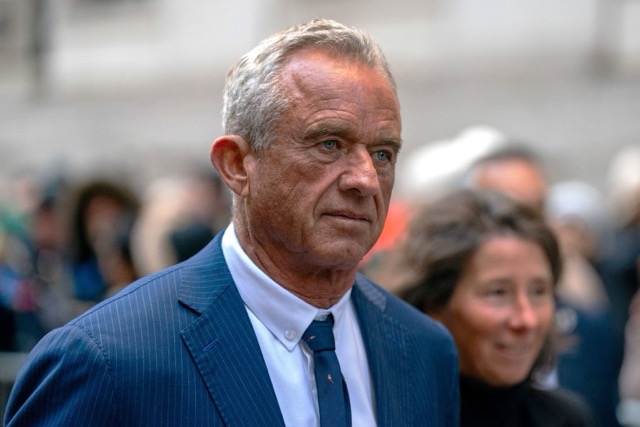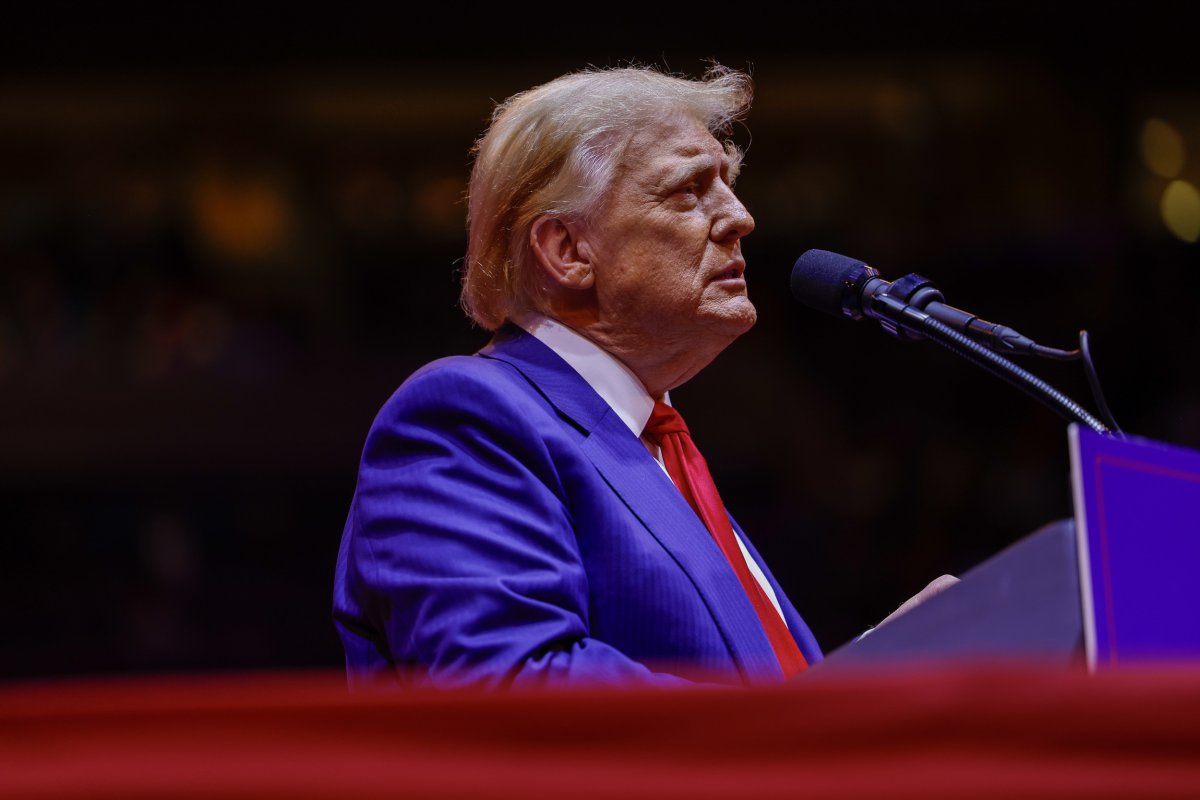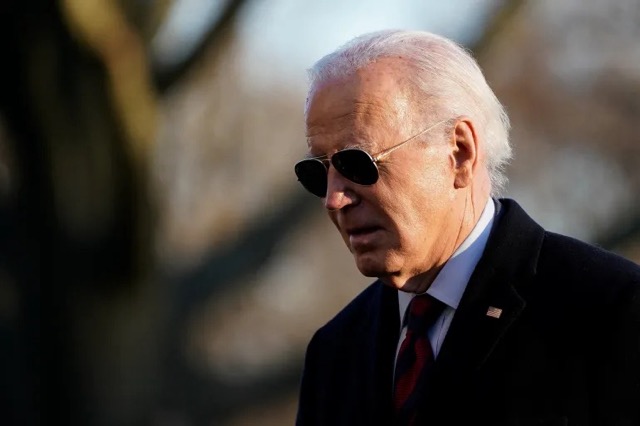Robert F. Kennedy Jr., nominee for Secretary of Health and Human Services (HHS), spent the past week meeting with senators on Capitol Hill to secure votes for his January confirmation. The HHS oversees 13 agencies, including the Centers for Disease Control and Prevention (CDC), the Food and Drug Administration (FDA), and the National Institutes of Health (NIH).
Outside Washington, Kennedy’s supporters are mobilizing a grassroots effort to ensure his confirmation and advance his “Make America Healthy Again” platform.
“Support for RFK Jr. reflects a widespread discontent with the status quo—a frustration that transcends party lines and political affiliations,” said Sayer Ji, founder of GreenMedInfo.com and cofounder of Stand for Health Freedom, in an interview with The Epoch Times.
Stand for Health Freedom is urging citizens to petition their senators to vote in favor of Kennedy’s confirmation, citing his potential to lead transformative changes in American healthcare policies.
“America’s health policies often set a precedent for the world. If RFK Jr. can lead a transformative shift here, the ripple effect on global health care systems could be profound,” Ji added.
Kennedy has pledged to address the chronic disease epidemic by eliminating toxic chemicals in the food supply, improving vaccine safety, and restructuring federal agencies like the FDA, CDC, and NIH.
Criticism and Opposition
Kennedy’s nomination has sparked fierce opposition.
“Nominating an anti-vaxxer like Kennedy to HHS is like putting a Flat Earther at the head of NASA,” wrote Peter G. Lurie, president of the Center for Science in the Public Interest, in a statement opposing the nomination.
Similarly, Robert Weissman of Public Citizen called Kennedy “a clear and present danger to the nation’s health” who “should not be placed in charge of the nation’s public health agency.”
Progressive advocacy group Protect Our Care launched a multimedia campaign titled “Stop RFK War Room,” targeting key Republican senators and urging them to block Kennedy’s confirmation. The campaign includes advertisements and billboards in seven states, warning that Kennedy “lacks the experience to lead major healthcare programs like Medicare and Medicaid.”
Grassroots Advocacy
Despite opposition, Kennedy has significant grassroots support and backing from several Republican senators. This week, lawmakers announced the creation of the congressional “Make America Healthy Again” (MAHA) caucus.
The caucus, founded by Senators Roger Marshall (R-Kan.), Rick Scott (R-Fla.), Ron Johnson (R-Wis.), Tommy Tuberville (R-Ala.), and Cynthia Lummis (R-Wyo.), aims to promote initiatives tied to Kennedy’s platform, such as addressing chronic diseases, enhancing nutritional awareness, and increasing access to affordable, healthy food.
Additionally, over 800 medical professionals have signed an open letter urging the Senate to confirm Kennedy, highlighting the nation’s worsening chronic disease rates and calling for “bold reforms.”
“Kennedy’s unwavering commitment to scientific transparency and his determination to address the root causes of illness make him uniquely qualified to lead HHS,” the letter states.
Grassroots Momentum
Jeff Hutt, outreach director for the Make America Healthy Again PAC and a former national field director for Kennedy’s presidential campaign, emphasized the ongoing movement’s significance.
“Trump is giving Kennedy a position where he can be most effective, and his supporters want to see that,” Hutt said, adding that the PAC is actively lobbying senators to confirm Kennedy.
Mississippi Parents for Vaccine Rights has also urged its senators to support Kennedy, with group president MaryJo Perry stating that Kennedy’s confirmation would challenge pharmaceutical companies and overhaul the CDC’s vaccine schedule.
“[Kennedy] is heavily opposed by Big Pharma because he’s a threat to their big, powerful machine,” Perry said. “We have to make more noise so our elected officials know we can always unelect them if they don’t support what their constituents want.”
The confirmation process begins in January with Senate Finance Committee hearings, chaired by Sen. Mike Crapo (R-Idaho). If approved by the committee, Kennedy’s nomination will move to a full Senate vote, where Republicans hold a 53–47 majority.
 Telegram is where we really talk. Don't miss out!
Telegram is where we really talk. Don't miss out!








